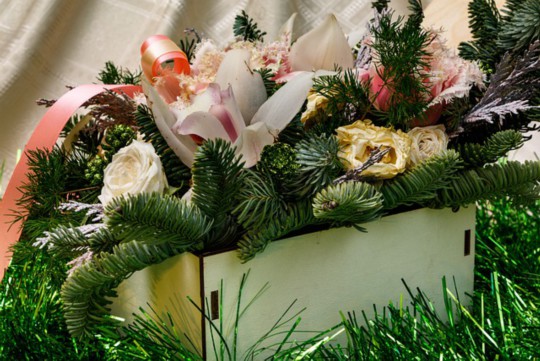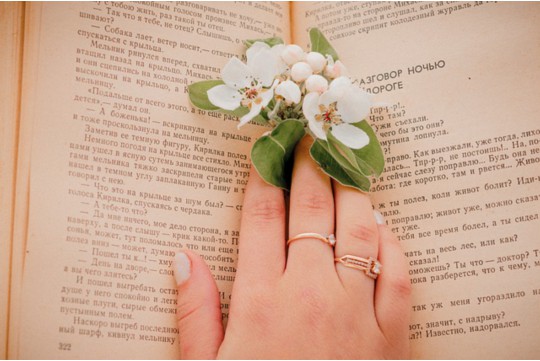A summary of "How to Tell Mid-Autumn Festival Jokes in English" could be: This guide provides tips on how to share humor related to the Mid-Autumn Festival in English. It may include advice on selecting culturally appropriate jokes, using festive language, and understanding the nuances of humor that translate well into English. By following these suggestions, individuals can effectively convey the joy and light-heartedness associated with the Mid-Autumn Festival to English-speaking audiences.
本文目录导读:
Sharing jokes during the Mid-Autumn Festival is a delightful way to spread joy and laughter amidst the festive atmosphere. While the traditional jokes are often rooted in Chinese culture and language, translating them into English while retaining their humor can be a challenging yet rewarding endeavor. This guide will provide you with strategies and examples to tell Mid-Autumn Festival jokes in English, ensuring that your audience understands and appreciates the humor.
The Mid-Autumn Festival, celebrated with full moons, lanterns, and mooncakes, is a rich tapestry of traditions and folklore. Jokes associated with this festival often revolve around these elements, incorporating puns, wordplay, and cultural references. To effectively convey these jokes in English, it's crucial to adapt them culturally and linguistically, making them relatable and amusing for an English-speaking audience.
Understanding Cultural Context
Before diving into the jokes, it's essential to grasp the cultural significance of the Mid-Autumn Festival. This festival signifies family reunion, thanksgiving, and the harvest moon. Mooncakes, a sweet pastry filled with various ingredients, are a staple of the celebration. Lanterns, often intricately designed, are lit and flown as symbols of wishes and blessings. These elements serve as the backbone for many jokes, so familiarizing yourself with them will help in crafting or translating jokes aptly.
Strategies for Translation and Adaptation
1、Direct Translation with Explanation
- Some jokes may rely heavily on cultural references or puns that don't have direct equivalents in English. In such cases, a direct translation followed by a brief explanation can help clarify the humor.
- Example: A joke about mooncakes being "round like the family's unity" can be translated as, "Mooncakes are round, just like how our family should be—united. Get it? Round like a full moon, symbolizing completeness!"
2、Cultural Substitution
- Replace cultural-specific references with universally understood concepts or objects that share similar symbolic meanings.
- Example: Instead of a joke about lanterns bringing good luck, you could say, "Just like how fireworks light up the sky on New Year's Eve, lanterns during the Mid-Autumn Festival brighten our homes and hearts with hope and joy."
3、Wordplay and Puns
- Puns are a staple of humor in any language. Look for English words that rhyme, sound alike, or have multiple meanings to create pun-based jokes.
- Example: "Why did the mooncake go to the party? Because it knew it was the star of the show—round and sweet, just like the night's main attraction!"
Sample Jokes in English
Here are some sample jokes that capture the essence of the Mid-Autumn Festival in English:
1、The Mooncake Dilemma
- "Why did the mooncake bring a ladder to the party? Because it wanted to reach new heights of deliciousness!"
Explanation: This joke plays on the idea of "reaching new heights," which can also mean physically climbing, hence the ladder. It's a light-hearted way to emphasize the mooncake's appeal.
2、The Lost Lantern
- "A lantern was feeling lost at the Mid-Autumn Festival. Why? Because it couldn't find its 'lite'!"
Explanation: A play on the word "lite" (as in lightweight or illuminated) and "life," making a cute and humorous reference to the lantern's "purpose" or "existence" during the festival.
3、The Moon's Secret
- "Why did the moon decide to become a baker? Because it wanted to make the best 'mooncakes' in the galaxy!"
Explanation: This joke combines the literal meaning of mooncakes with a playful reference to the moon itself, imagining it as a baker.
4、The Family Reunion Joke
- "Why did the family gather under the moon during the Mid-Autumn Festival? Because even the moon knew they were 'round' and needed to be together!"
Explanation: This joke uses the word "round" in two ways—first, to describe the shape of the moon and mooncakes, and second, as a slang term for being present or together.
Tips for Telling Jokes Effectively
1、Timing is Key
- Deliver jokes at appropriate moments during the festival celebrations. A well-timed joke can enhance the festive mood significantly.
2、Know Your Audience
- Be mindful of your audience's cultural background and sense of humor. Adjust your jokes accordingly to ensure they are appreciated and not misunderstood.
3、Practice Makes Perfect
- Rehearse your jokes to ensure smooth delivery. Practice your pronunciation, timing, and inflection to make the jokes more engaging.
4、Be Light-Hearted
- Keep the jokes light and avoid any sensitive or offensive topics. The goal is to bring joy and laughter, not to cause discomfort.
Conclusion
Telling Mid-Autumn Festival jokes in English requires a blend of cultural understanding, linguistic adaptation, and creativity. By following the strategies outlined above and using the sample jokes as inspiration, you can share the humor and warmth of this traditional festival with an English-speaking audience. Remember, the key is to make the jokes relatable and amusing while respecting the cultural significance of the Mid-Autumn Festival. With a bit of practice and a sense of humor, you'll be spreading joy and laughter in no time!









